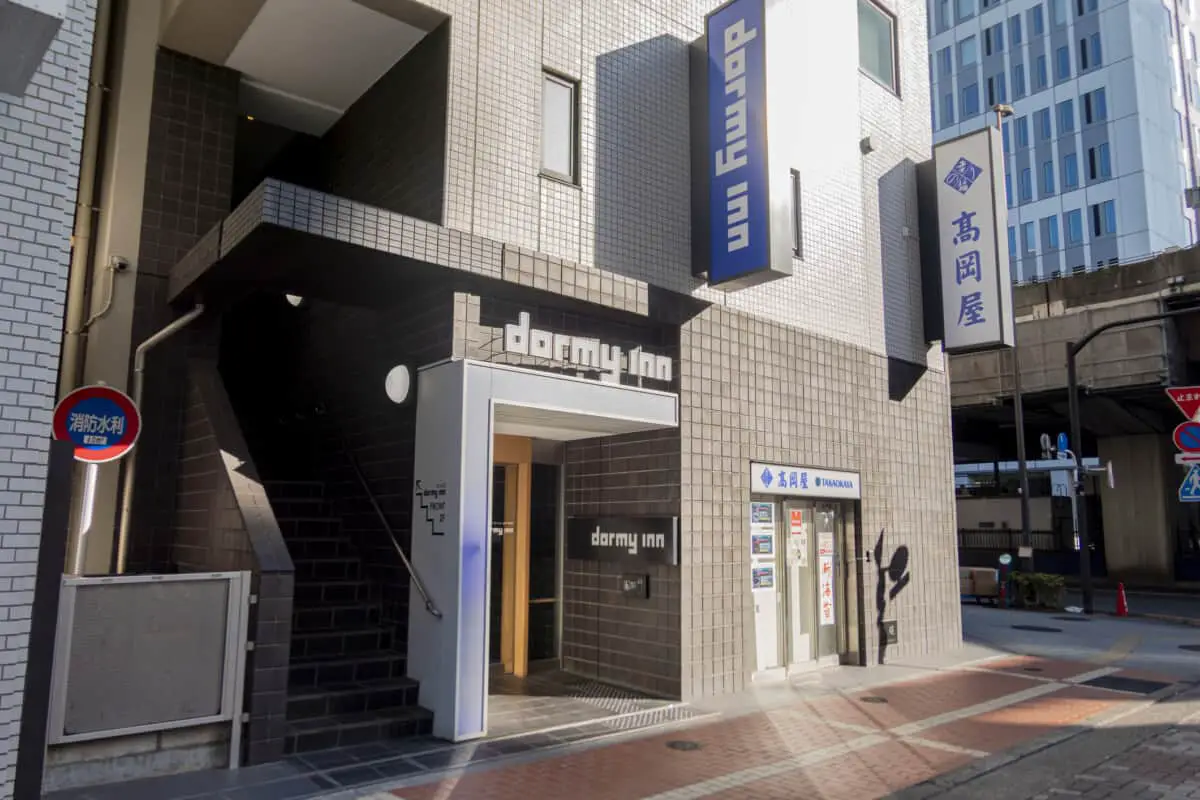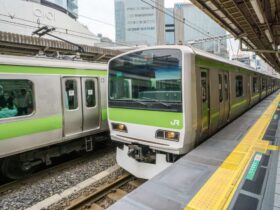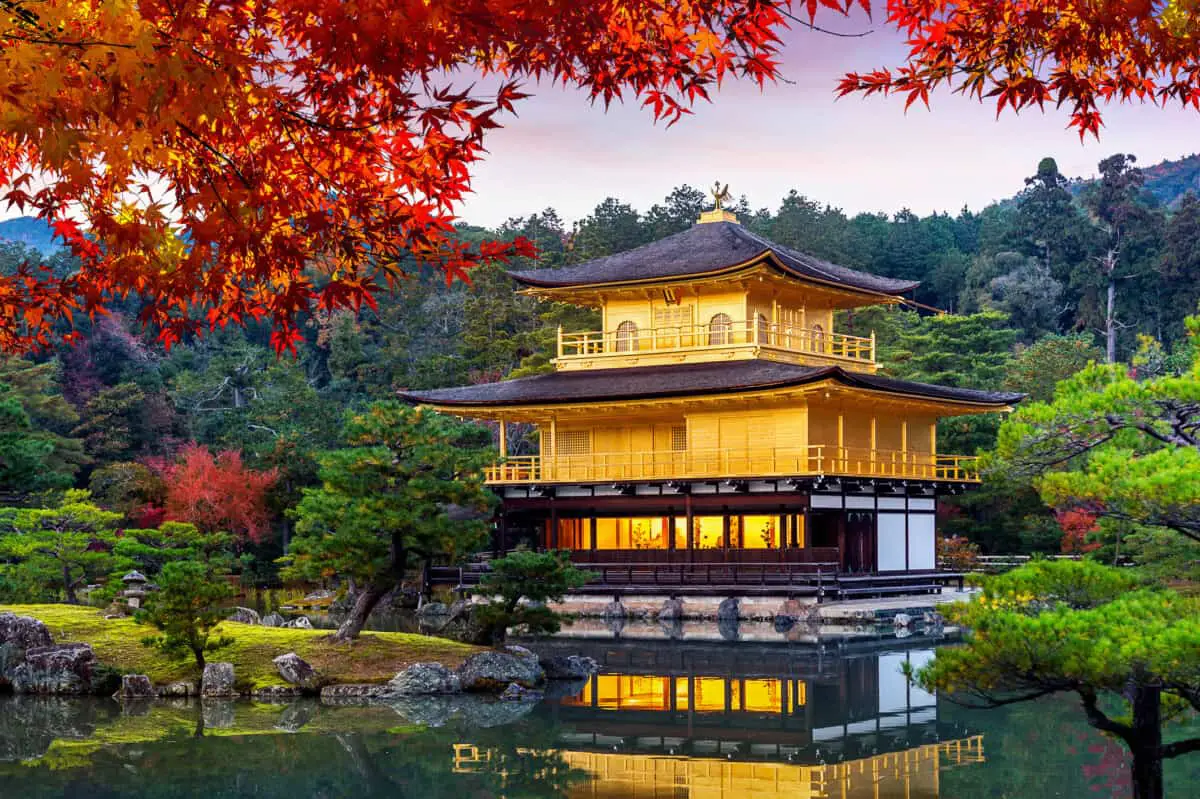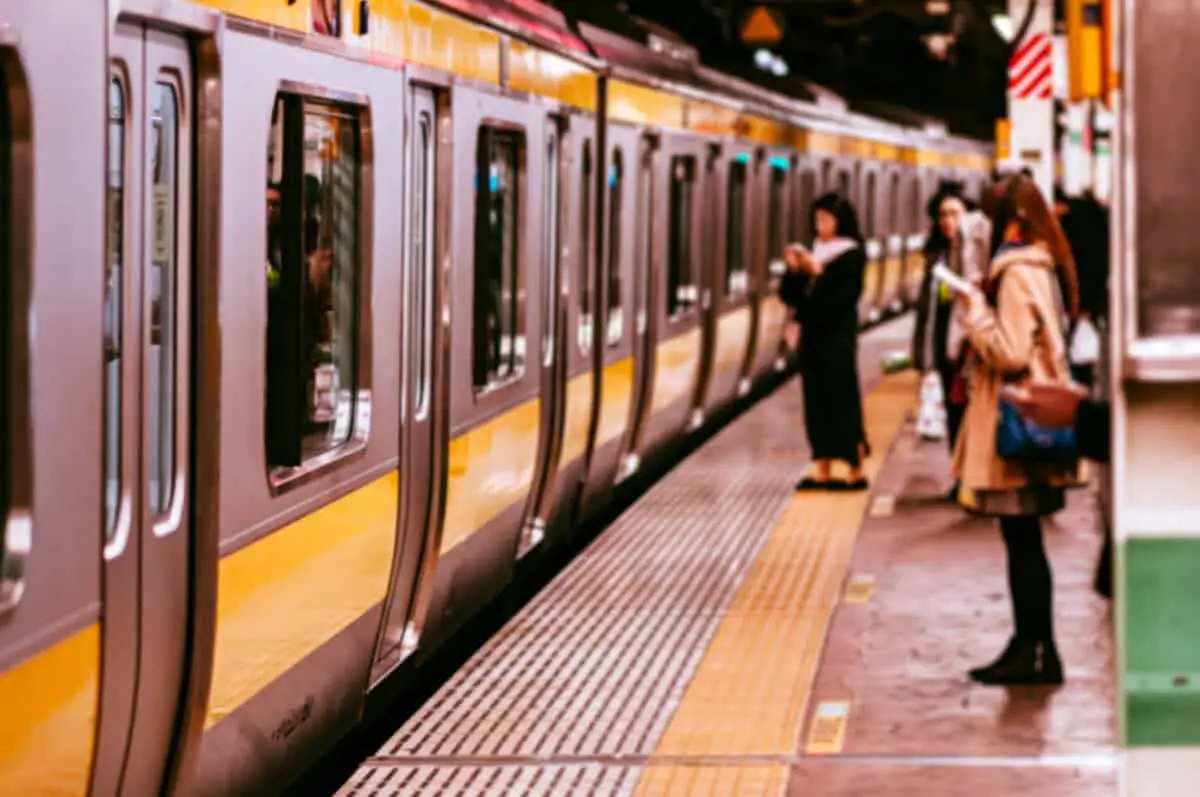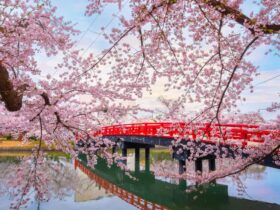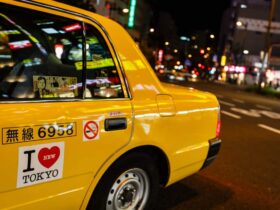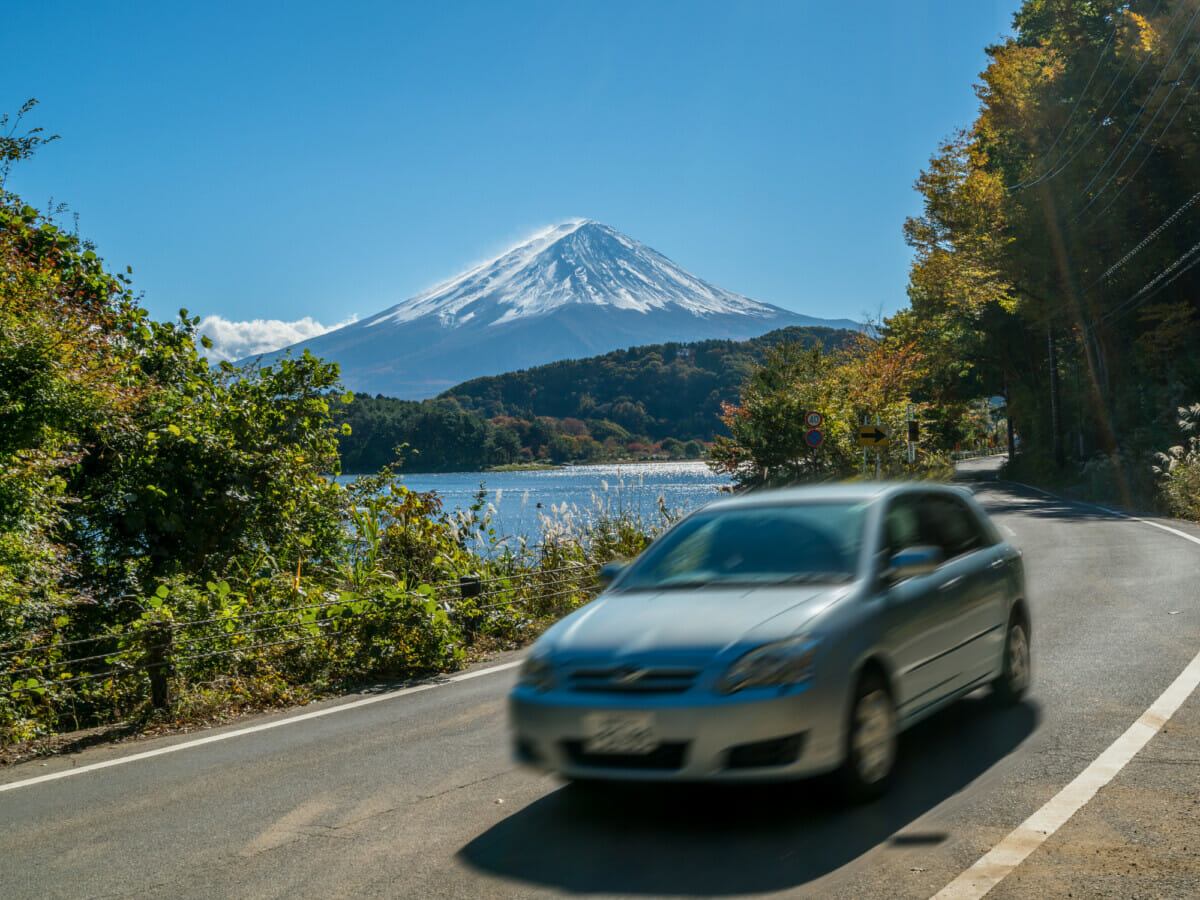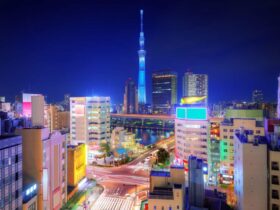As a favorite tourist destination and a world-renowned business culture, Japan offers its travelers many accommodation options. There’s something for everyone, from the sleek luxury of 7-star offerings, to the simplicity of a traditional rokoyan inn and the spartan offerings of a budget-conscious capsule hotel.
One of the most popular options is the traditional Japanese business hotel, which is popular with locals and tourists alike.
If you want to experience Japan the way the locals do and don’t want to exceed your budget in the process, using a business hotel is a great idea.
No matter whether this is your first trip to Japan or your tenth, this article details all you need to know about getting the most out of your stay in a Japanese business hotel, from booking your room to what to expect when you get there.
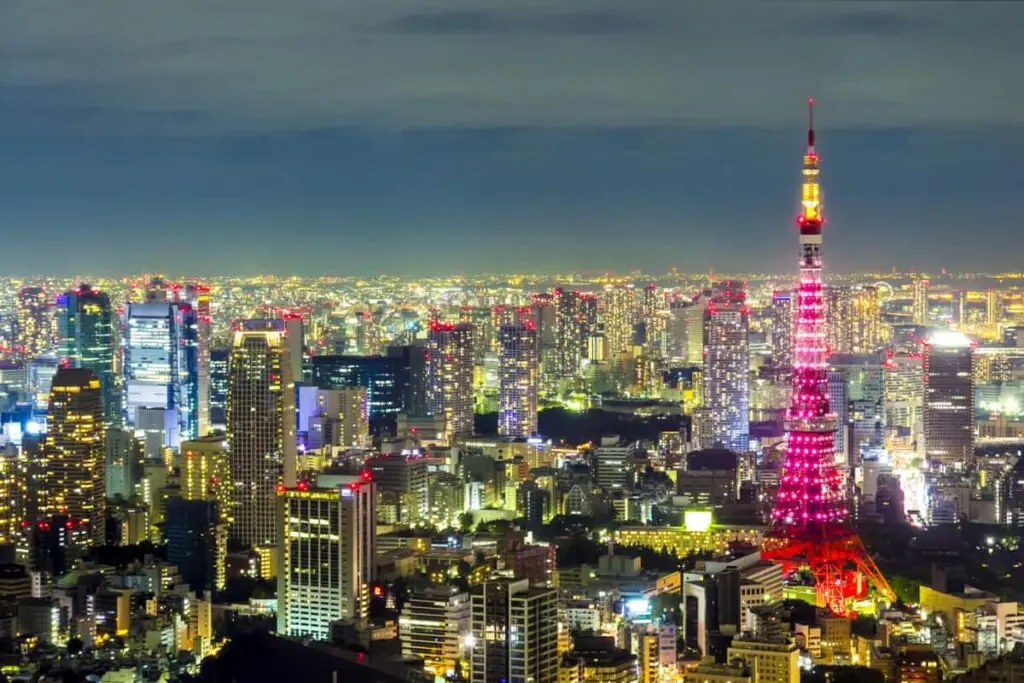
What is a Japanese ‘business hotel’?
Japanese ‘business hotels’ are typically no-frills affordable accommodation offered by chain hotels.
Known throughout Japan as bizunesu hoteru, they typically cater to people traveling by themselves or as a couple.
The rates generally range from as little as ¥6,000/night for a single room outside the big city to around ¥10,000/night for a single in a large city like Tokyo or Yokohama or a popular tourist destination like Sapporo and Kyoto.
Don’t let the name fool you – they cater to tourists and business people alike.
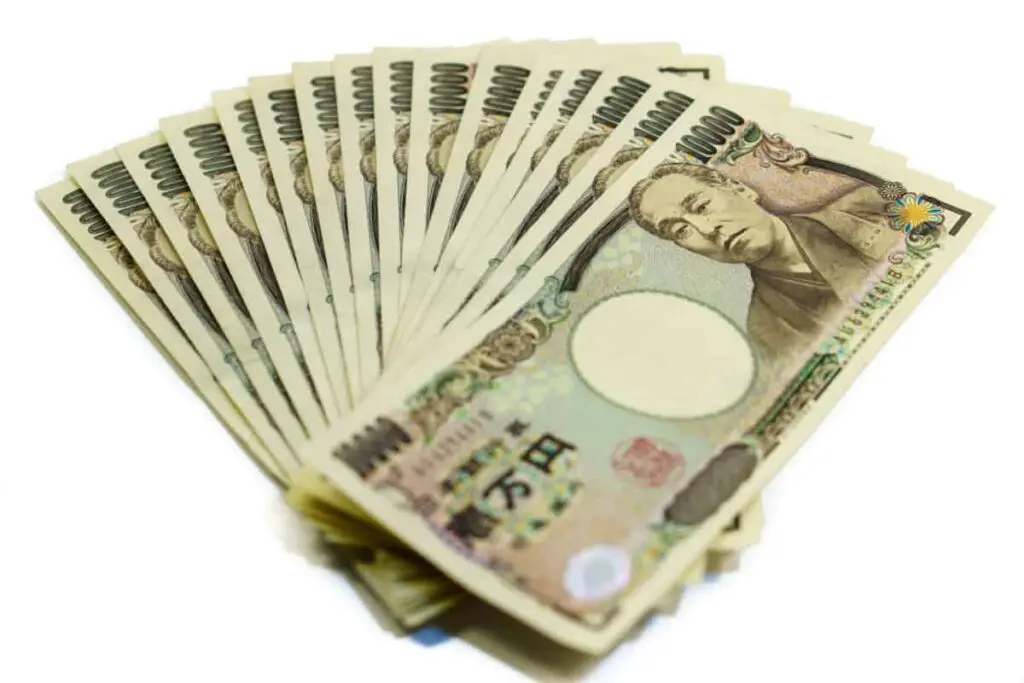
Why should I use a Japanese business hotel?
Japan has a myriad of accommodation options. Most of us will make a choice based on how much money we are willing to spend.
For those with deep pockets, a stay at the luxurious and modern Hoshinoya Tokyo in Chiyoda City won’t break the bank.
On the other end of the spectrum, a stay in one of Japan’s famous capsule hotels will set you back between just ¥2,000 and ¥5,000/night.
For most of us, an affordable option comes with the simplicity of a Japanese business hotel.
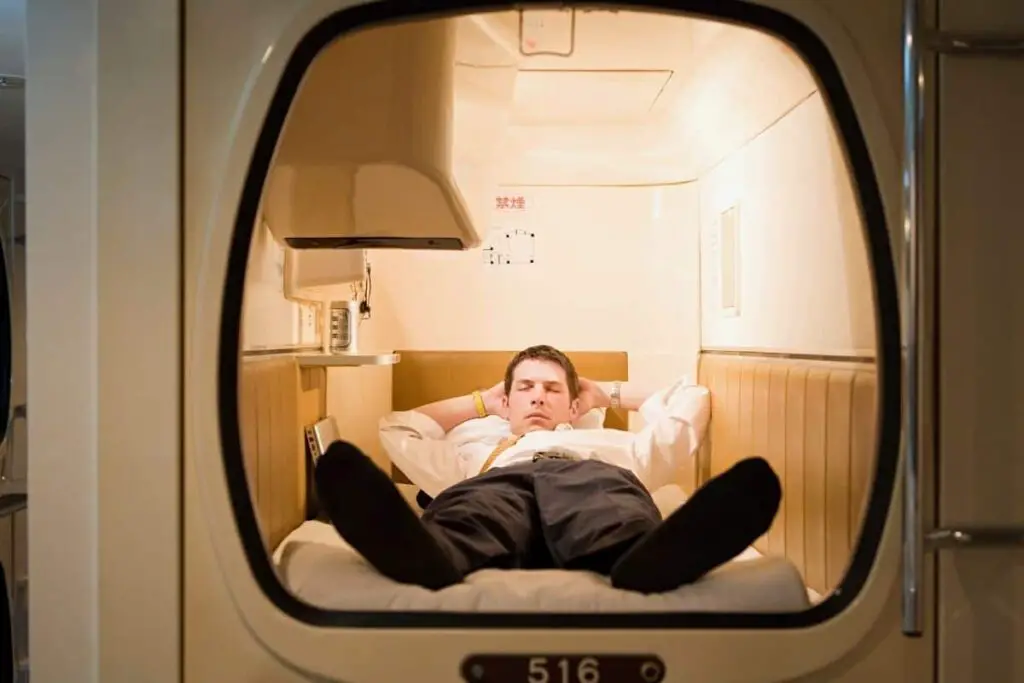
What can I expect during my stay in a Japanese business hotel?
The adage you get what you pay for is a great way to understand what level of service you will experience with a Japanese business hotel.
They cater to people who need a quick and easy place to spend the night, so they only have what you need for a good night’s sleep.
What you will get:
- A room with a bed
- Basic travel essentials including soap, shampoo, toothpaste, shower caps, towels, and toothbrushes
- A television
- Air conditioning
- A telephone
- A hairdryer
- An empty refrigerator
- A tea/coffee kettle
- A pair of slippers
- Internet access
What you might get:
- A personal bathroom including a small washbasin, shower, and toilet
- A desk
- A complimentary cup of noodles or other snacks
- Pay-TV, accessible with a prepaid card you can buy from a machine in the corridor
- A common room on every two or three floors, with vending machines and coin-operated washing and drying machines
- Self-check-in and check-out
- Pamphlets in your room advising you about local amenities like gyms and onsen (Japanese bathhouses).
- A daiyokujo on-site, which is a large, communal bath, sometimes with a complimentary bathrobe to wear as you make your way there
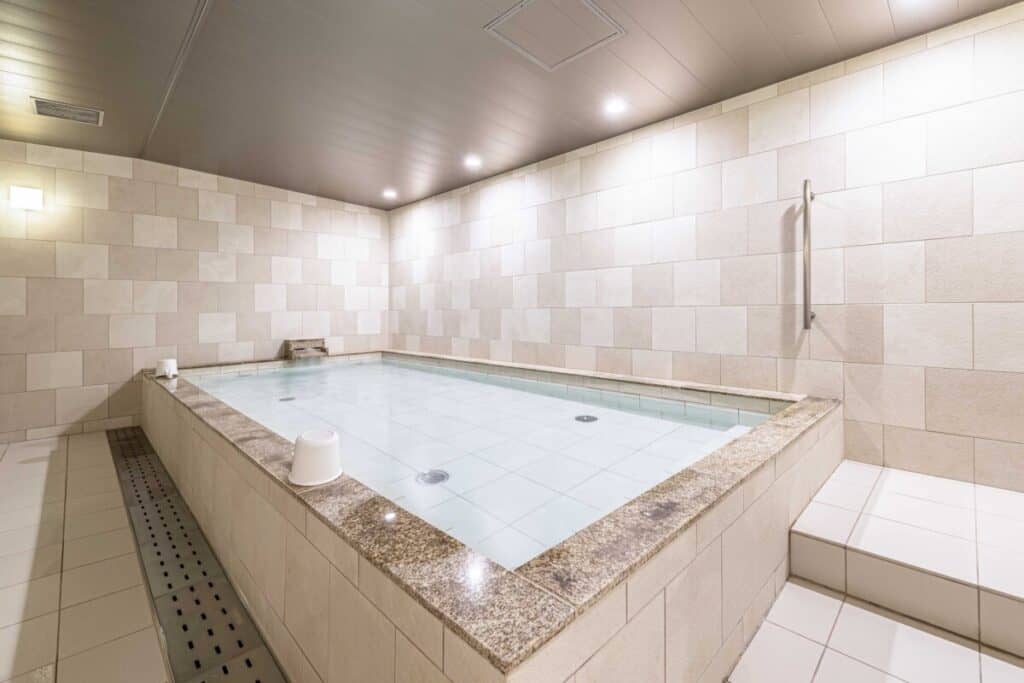
What you won’t get:
- A hotel pool or gym
- Room service
- A restaurant at the hotel
- Concierge service
These should not be deal-breakers, though. Unless you are in a really isolated location, a restaurant, izakaya (Japanese bar), and konbini (open-all-hours convenience store) will undoubtedly be close by.
Overall, Japanese business hotels are usually clean, well-kept, and offer a simple breakfast as part of the accommodation price.
If you want a non-smoking room, make sure to select this option when you book. Just be aware that some hoteliers think that ‘non-smoking’ means running the aircon for 30 minutes after a smoking guest has left and you might still smell the signs of previous guest cigarettes.
What are some of Japan’s most famous business hotels?
Most of your business hotel options are part of larger chains. Some of the most prominent are Route Inn, APA Hotel, Super Hotel, Richmond Hotel, Super Hotel, Daiwa Roynet Hotel, Dormy Inn, and Toyoko Inn.
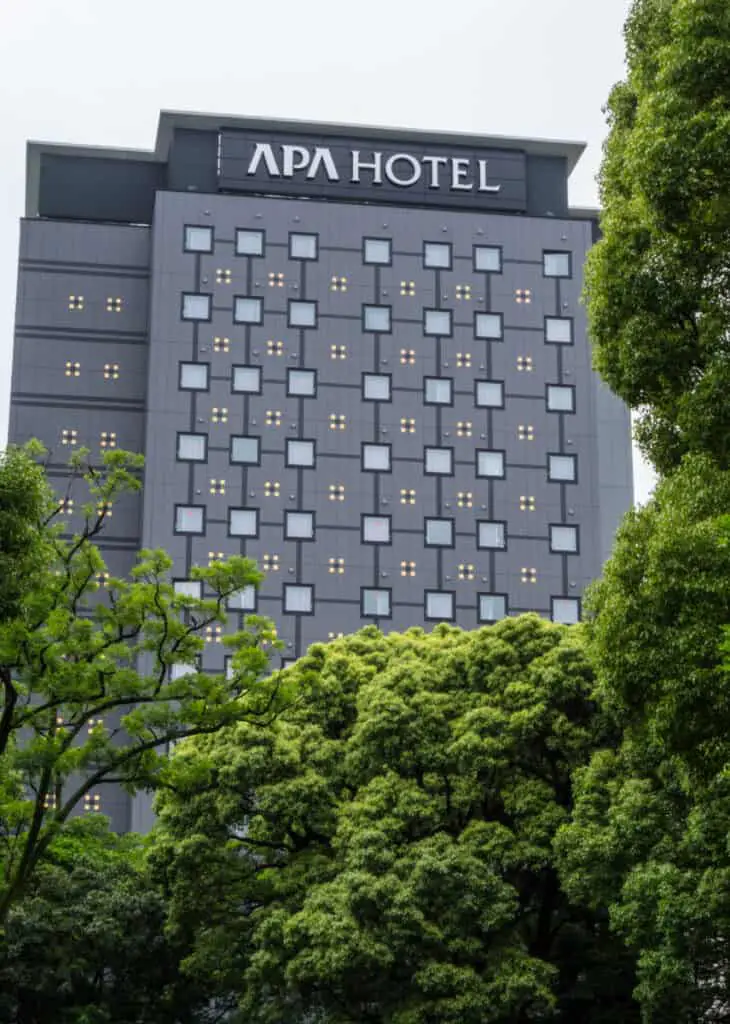
By and large, they are located close to transport hubs like train stations, ports, airports, and expressway exits.
Tokyo Inn is the most well-known of Japan’s business hotels, with over 200 across the country, each one with its own individual number.
In such a competitive market, the chains tend to offer points of differentiation. For example:
- Route Inns are often conveniently located close to expressway exits and major highway intersections
- Dormy Inns have a hot spring on-site for guests to use (you will probably find it on the roof) free night-time ramen and a free coffee machine in the lobby
- Hotel Active! in Fukuoka has a large daiyokujo and jacuzzi
- Daiwa Roynet offers larger than normal rooms, including a good-sized desk for those who need space to work
- Super Hotels often have onsen-style baths
How do I book accommodation in a business hotel?
Most of us plan our overseas trips months in advance, taking the time to research prospective lodgings in the towns and cities we are visiting.
Unfortunately, many of the largest and most popular business chains in Japan don’t actually take bookings too far in the future, which makes it difficult to plan ahead or snag early-bird savings.
Here are some tips on getting the perfect booking at the right price:

Get to know when the hotels release their rooms
Many hotels release their rooms for booking on a rolling system. This means that the rooms can be booked from a predetermined period of time (one, two, three, etc., months) from the time you’re planning your stay.
Your best bet is to experiment with dates that are closer than the time you are booking. This way, you can figure out when the hotel releases its rooms and you will know when it is the right time for you to book.
Avoid travel booking sites and use the hotel’s own online booking system
Most Japanese business hotels have their own website and booking system, with English language options.
More often than not, they are easy to navigate and offer substantial savings compared to the larger online travel booking companies.
For those of us who look to save money wherever we can, this option can save as much as 15%, and even more if you take advantage of early bird deals and discounts!
Leverage your loyalty
Many Japanese business hotel chains offer loyalty cards with incentives to join. For those that don’t charge you to join, their offerings are worth considering.
For example, Sunroute Hotels will give you 10%-20% off stays, while Tokyo Inn Club members can book their rooms up to six months in advance (for around $US10-$US15 joining fee).
Travel when others don’t
Traveling to Japan to witness the beauty of its cherry blossom season or take to its famed alpine slopes is a great way to experience the country’s unique attractions. But travel during these peak seasons comes with a premium price tag and low hotel vacancy rates.
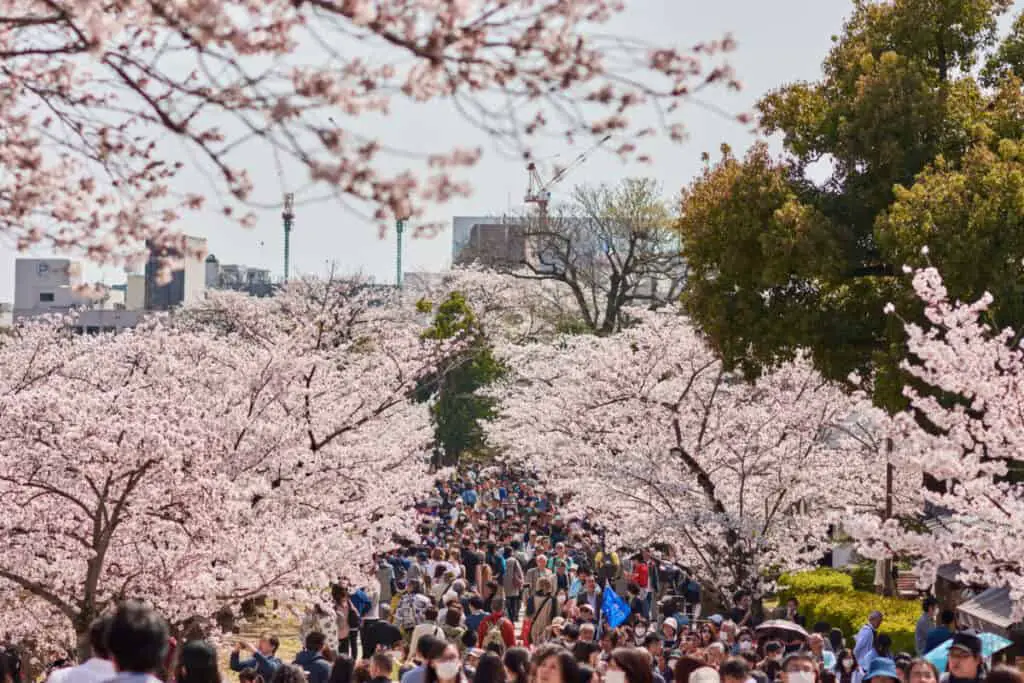
10 Best Business Hotels In Tokyo Via Tripadvisor
Traveling away from peak seasons is a great way to lower your cost. Avoiding weekends in famed nightspots of Kyoto and Tokyo is also a good way to maximize savings.
10 Best Business Hotels In Osaka Via Tripadvisor
Your best bet is to keep a keen eye on the hotel’s room release dates and make your purchase as soon as they become available.
10 Best Business Hotels In Kyoto Via Tripadvisor

